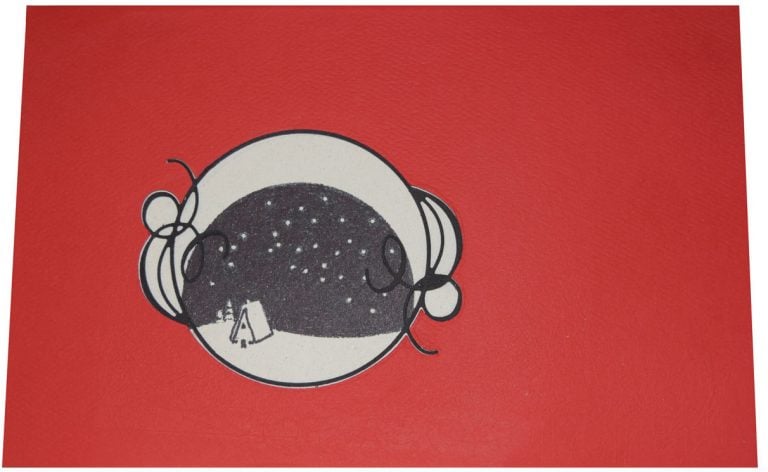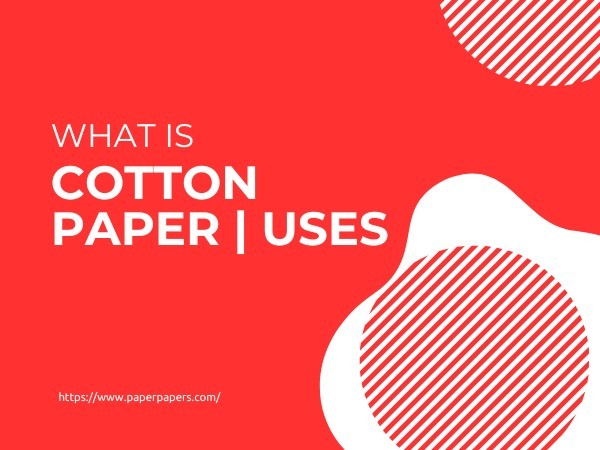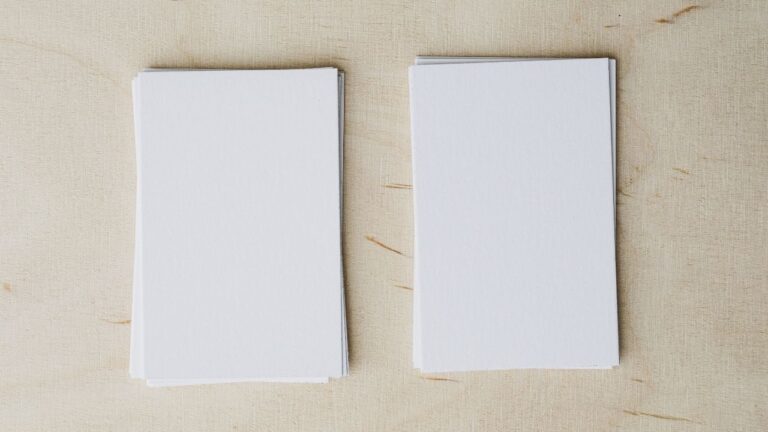7 Must-know Fun Facts about Paper
Among the world’s earliest inventions, paper dates back thousands of years. Over 2,000 years ago, the ancient Chinese invented it! Since then, the paper has become a significant part of our lives. From writing to packaging to gifting, we use it for everything. We all use it on a daily basis but never explored the facts about paper!
7 Must-know Fun Facts about Paper
In this short write-up, we’ll share seven amazing paper facts that everyone should know;
Americans’ Annual Paper Consumption
In 2021, Americans consumed an overwhelming amount of paper, almost 65.6 million metric tons, which is 3% higher than in 2020. This huge paper consumption signifies the role of paper in various fields of daily life, from offices and schools to households and industries.
Water-Resistant Paper
Paper technology has evolved in recent years to become water-resistant. This special paper is designed to withstand exposure to water, making it ideal for outdoor use, such as maps or field notebooks.
The water-resistant paper retains its integrity even when soaked, ensuring important information remains readable.
Paper’s Environmental Friendliness
Despite its association with deforestation and paper production, paper is among the world’s most recycled products. 68.2% of the paper consumed in the United States was recycled in 2018, says EPA.
It’s highest among all materials of MSW (municipal solid waste), reducing the strain on forests and lowering greenhouse gas emissions. Recycled paper also requires less water and energy to produce, making it an environmentally friendly choice.
Exploring the Many Types of Paper
The paper industry comes with a range of variety, each with its own exclusive characteristics and uses. From lightweight and versatile to focused and textured, the diversity of paper types caters to different needs and favorites. The range of options guarantees there is a suitable type of paper for various applications, including printing, packaging, art, crafts, and more.
Paper as Currency

It’s one of the key facts about paper. Long before coins and digital transactions, paper was used as a form of currency. In the Tang Dynasty (618-907 CE), the Chinese were acquainted with paper money for the first time. The use of paper currency spread across different civilizations, including Europe, with banknotes becoming widely accepted as a medium of exchange.
The Invention of Toilet Paper
Toilet paper, an indispensable product in our lives today, was invented in ancient China. In the 6th century CE, Chinese imperial courts started using sheets of paper to clean themselves after using the restroom. Altogether, mass-produced toilet paper became largely available only in the late 19th century.
Versatility of Paper
The paper serves a dual purpose in both the printing industry and as an essential component of various cleaning products. In the printing industry, paper is the most important medium. All the text, images, and artwork are printed, enabling the dissemination of information through books, newspapers, magazines, and more are printed on paper.
At the same time, paper is transformed into cleaning products such as paper towels, tissues, and wipes, providing convenient and disposable options for maintaining cleanliness. The fact on paper includes its adaptability, which makes it an indispensable material in both industries, catering to diverse needs and applications.
Conclusion
Understanding the versatility of paper and scientific facts about paper, like printing and cleaning, underscores its significance. The paper’s rich history, its environmental adaptability, and its numerous applications make it a remarkable material.
Whether as a medium for artistic expression, a means of communication, or a daily essential like toilet paper, the paper continues to shape our world in unexpected ways. Next time you hold a sheet of paper, take a moment to appreciate its fascinating history and scientific facts about paper.
For more interesting facts about paper, visit papublishing.com to discover the world of paper today!








2 Comments